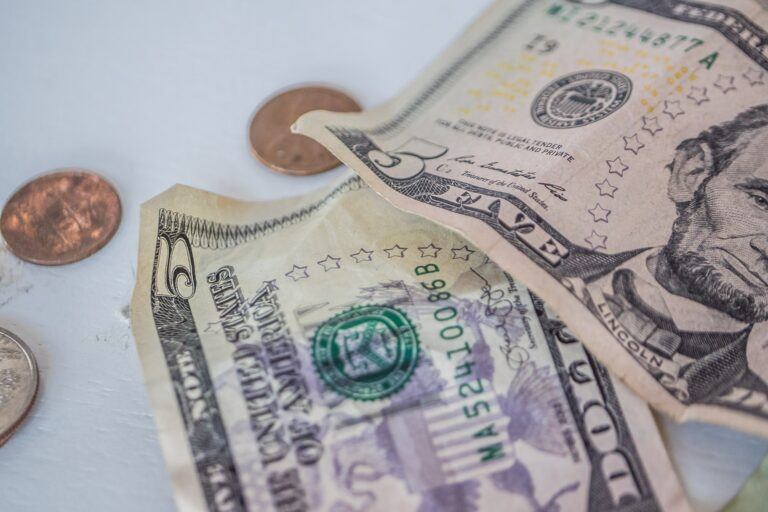Proposed legislation meant to support the U.S. economy during the coronavirus pandemic seemingly includes a recommendation to create “digital dollar” that could help the country get through the shutdown of business over the coronavirus outbreak.
The draft bills shared, the ““Take Responsibility for Workers and Families Act” and the “Financial Protections and Assistance for America’s Consumers, States, Businesses, and Vulnerable Populations Act,” propose the Federal Reserve, the country’s central bank, use a “digital dollar” to send “qualified individuals” payments.
These payments would be of $1,000 for miners, and of $2,000 for adults, and would be sent to digital wallets. The bills read:
The term ‘digital dollar’ shall mean a balance expressed as a dollar value consisting of digital ledger entries that are recorded as liabilities in the accounts of any Federal Reserve bank; or an electronic unit of value, redeemable by an eligible financial institution (as determined by the Board of Governors of the Federal Reserve System).
It’s worth noting the bills don’t mention cryptocurrency projects, nor do they mention the use of a decentralized ledger. The Federal Reserve would be in charge of maintaining the digital wallets for the recipients, according to CoinDesk.
Once the Federal Reserve sent the funds to Americans, these would seemingly be able to access them through “pass-through digital dollar wallets” with member banks. These wallets wouldn’t be subject to account or balance-related fees. These banks would be reimbursed “each calendar quarter” for “actual and reasonable operation costs incurred” offering these wallets to Americans.
The bills note that the payments could, “otherwise” be made by check. TWhen these digital dollar wallets could be launched isn’t clear, as the bills only claim they would only have to be available “not later than January 1, 2021.”
Featured image by Jessica Lewis on Unsplash









